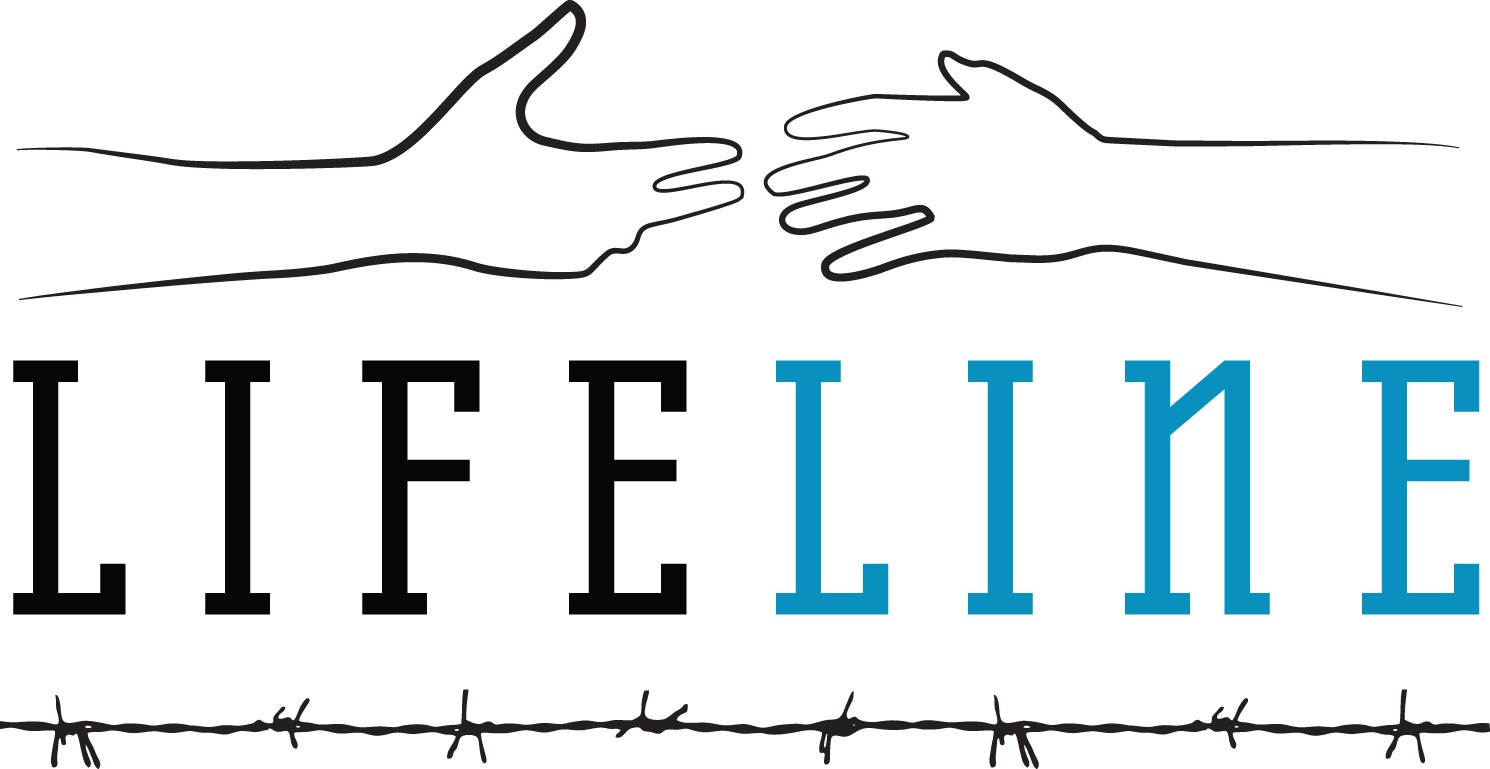The Enemy Within: Civil Society at Bay
/Among the more surprising developments in 21st-century politics are the reversals experienced by civil society, once regarded as an irresistible force in the global struggle for democracy.
The growing offensive against civil society is in many respects a tribute to the prominent role that NGOs have come to play in the political life of most countries. An active civil society is often seen as a formidable threat to a repressive or illiberal status quo. Civil society was the linchpin in the successful popular revolutions in Serbia, Ukraine, and Georgia. In fact, civil society organizations frequently pose a greater threat to autocracy than do traditional opposition parties, which have proven relatively easy for determined strongmen to sideline, neutralize, or co-opt. Civil society movements, by contrast, are generally composed of younger activists, committed to a cause, more resilient, more agile, and less prone to corruption.

